Results
-
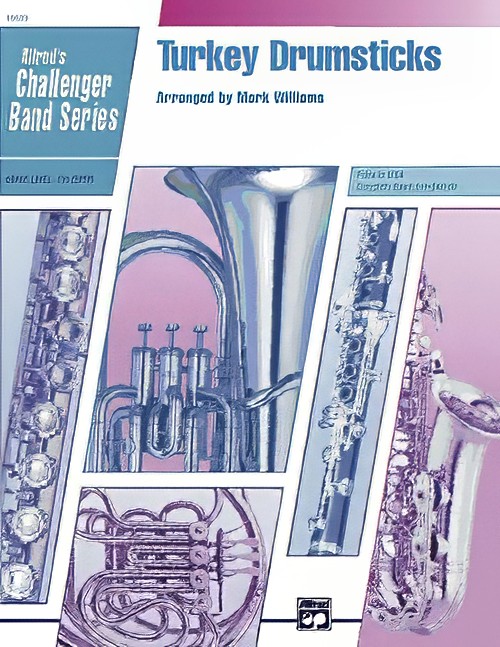 £41.50
£41.50Turkey Drumsticks (Percussion Section Feature with Concert Band - Score and Parts) - Williams, Mark
What happen when a bunch of percussionists get mixed up with the American folk song "Turkey in the Straw"? Why, Turkey Drumsticks, of course! Watch the feathers fly in this entertaining and challenging percussion feature. Even an appearance by a well-known Thanksgiving hymn keeps this turkey on the run. Turkey Drumsticks is a great audience pleaser for young and old alike! Duration: 1.40
Estimated dispatch 7-14 working days
-
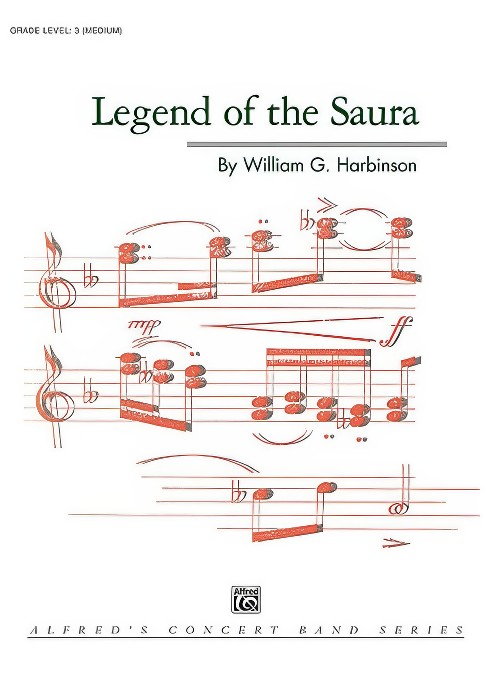 £66.95
£66.95Legend of the Saura (Concert Band - Score and Parts) - Harbinson, William G.
Commissioned by the South Stokes Band Boosters of North Carolina, Legend of the Saura is a tribute to the Saura Indians who lived in what today is Stokes County. The piece opens with a vibrant flourish of woodwinds and percussion that immediately leads into the pensive yet driving main theme. The contrasting middle section pulls back to a reflective and mysterious solo for recorder (or optional flute), accompanied by exotic percussion instruments. Then, the beautiful theme is continued by solo trumpet, making for a truly incredible moment. Duration: 5.00
Estimated dispatch 7-14 working days
-
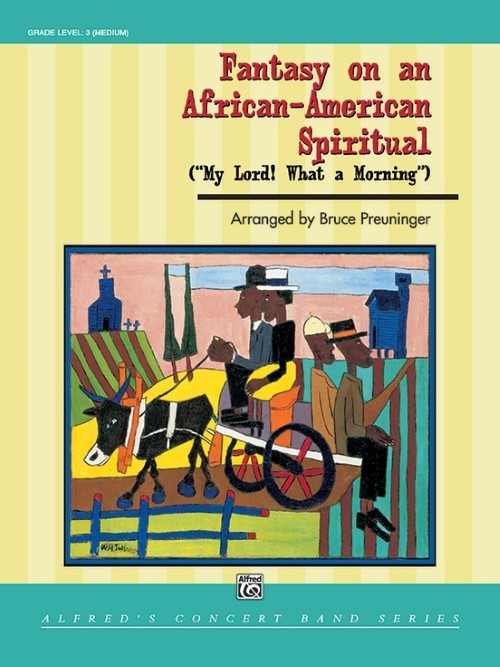 £87.50
£87.50Fantasy on an African-American Spiritual (Concert Band - Score and Parts) - Preuninger, Bruce
Bruce Preuninger has successfully managed to capture the sound and feel of the spiritual in the context of a large ensemble. In Fantasy on an African-American Spiritual, the composer has arranged the famous spiritual My Lord what a Morning, for Grade 3 concert band. It opens with an incredible surge of harmony in chorale style. This leads to the faster main section that features jazzy rhythms with creative percussion accompaniment. This one is a real treat! Duration: 4.30
Estimated dispatch 7-14 working days
-
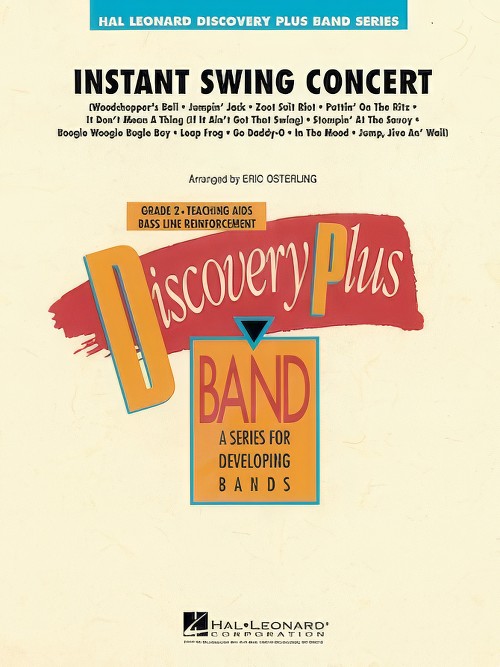 £57.50
£57.50Instant Swing Concert (Concert Band - Score and Parts) - Osterling, Eric
What a great idea! Here's 11 of the biggest swing hits from the eras, cleverly put together in a medley that will turn your concert hall into a dance hall. Eric's skilled writing makes it fun and easy to play for any group. This one's an entertainment winner.Includes:Woodchopper's BallJumpin' JackZoot Suit RiotPuttin' on the RitzIt Don't Mean a Thing (If It Ain't Got That Swing)Stompin' at the SavoyBoogie Woogie Bugle BoyLeap FrogGo Daddy-OIn the MoodJump, Jive An' Wail
Estimated dispatch 7-14 working days
-
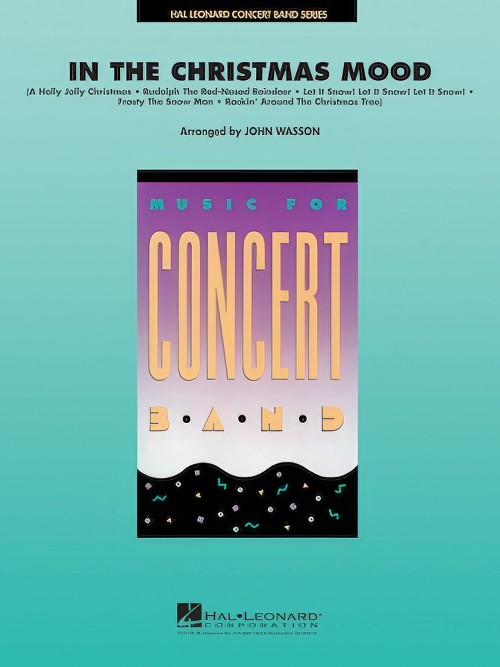 £64.99
£64.99In the Christmas Mood (Concert Band - Score and Parts) - Wasson, John
What a clever idea! Take several holiday favourites and mix them with the hottest musical style going today. The result is a fabulous medley including A Holly Jolly Christmas, Rudolph The Red-Nosed Reindeer, Let It Snow! Let It Snow! Let It Snow!, Frosty The Snow Man, and Rockin' Around The Christmas Tree, all gift wrapped with the classic In The Mood
Estimated dispatch 7-14 working days
-
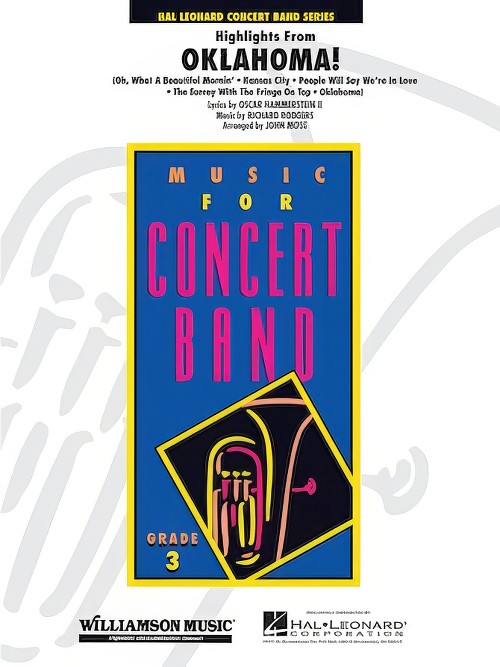 £64.99
£64.99Oklahoma!, Highlights from (Concert Band - Score and Parts) - Hammerstein & Rodgers - Moss, John
Oklahoma!' remains as one of the most enduring of Broadway shows and many of its songs are regarded as timeless treasures. John Moss pays tribute to writers Rodgers and Hammerstein in his new young band medley that features: Oh, What A Beautiful Mornin'. Kansas City, People Will Say We're In Love. The Surrey With The Fringe On Top, and Oklahoma!
Estimated dispatch 7-14 working days
-
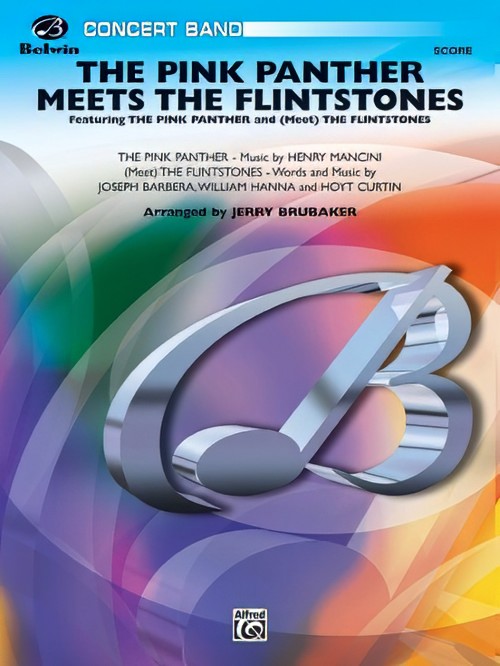 £66.95
£66.95The Pink Panther Meets The Flintstones (Concert Band - Score and Parts) - Brubaker, Jerry
Just imagine what might have happened if that loveable, legendary pink feline from Henry Mancini's pen had prowled onto the set during the filming of Fred and Wilma's new movie! The result might sound just like this Jerry Brubaker arrangement, which is a delightful pairing of these cartoon heroes' themes. Your audience will agree: it's "purrrrrrfect." Ya-Ba-Da-Ba-Doo! Duration: 2.00
Estimated dispatch 7-14 working days
-
 £69.99
£69.99Spy Flix (Concert Band - Score and Parts) - Hosay, James L.
What is the top secret method for getting the most out of your young musicians? There is no guaranteed secret method. However you can motivate all musicians with Spy Flix which puts a fun spin on the secret agent music typical of the great Hollywood spy movies. Turn your otherwise routine band practice into Music 007 with Spy Flix.Duration: 3.15
Estimated dispatch 7-14 working days
-
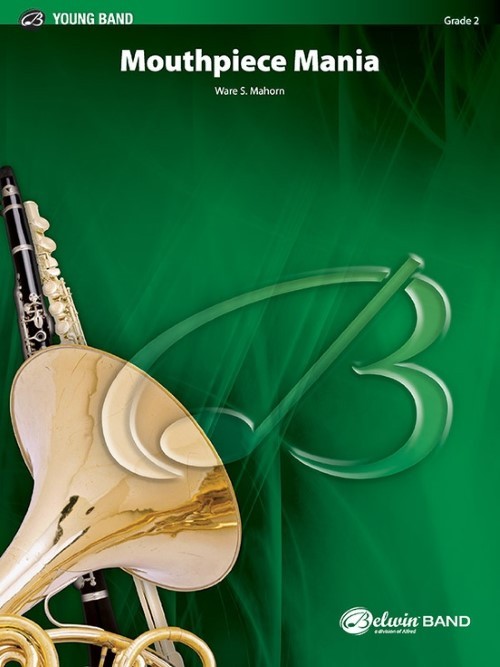 £53.95
£53.95Mouthpiece Mania (Concert Band - Score and Parts) - Mahorn, Ware S.
From the sublime to the "you know what"! The melodies are from classic literature, but you can be guaranteed that the performance is not. Your entire trumpet section performs sans instruments (yes, mouthpieces only)! Your audiences will react as never before. Just see if even you can keep a straight face (and think of all the money that can be saved not having to use valve oil)! Duration: 2.30
Estimated dispatch 7-14 working days
-
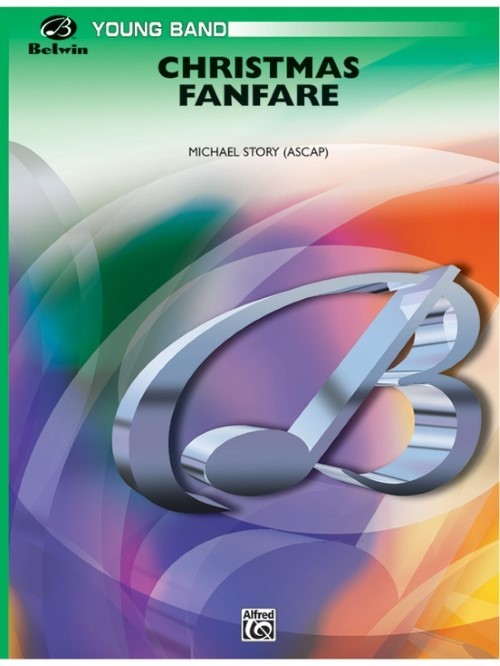 £47.95
£47.95Christmas Fanfare (Concert Band - Score and Parts) - Story, Michael
The lights are dim and the audience is hushed. What better way to launch your holiday concert than with this clever juxtaposition of familiar melodies everyone can identify? In fanfare format, the work truly announces the beginning of your program. Give the downbeat, and it almost plays itself. Spirited! Duration: 2:30
Estimated dispatch 7-14 working days
